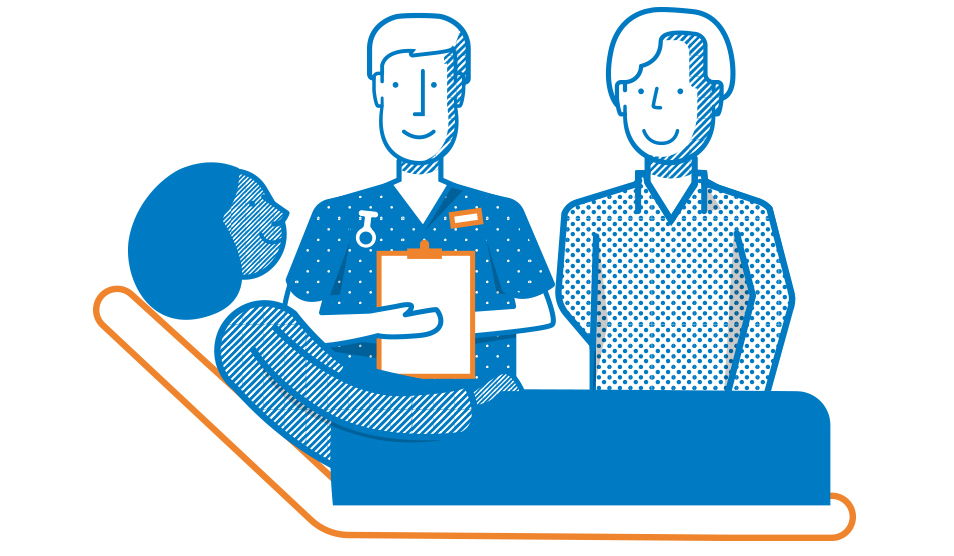Allergy
Contact
- Outpatients appointments
- 020 3313 5000
Visitor Information
Translation help:
To translate this page into your preferred language, click the Google Translate icon in the top-right menu and select your desired language.
Please be aware that due to backlogs and changes within our workforce, many allergy patients are waiting an extended time to be seen in our service. Some patients are also having appointment changes resulting in further delays and we apologise for any inconvenience and distress this may cause.
The service is currently working hard to secure additional capacity to enable our longest waiting patients to receive the most appropriate treatment or advice as early as possible.
If you do have an appointment to be seen within the service, it is important that you attend having followed all the clinical advice in preparation for your appointment. If you are not able to attend your appointment, please contact our appointment booking team so that we can re-book you and make sure your appointment slot is allocated to someone else.
Prior to your appointment it is also very important that you discontinue antihistamine treatment in any forms (tablets, sprays etc ) i.e. cetizine, loratadine, fexofenadine, chlorphenamine, piriton, Zyrtec, Benadryl, Dymista or Azelastine nasal spray, if the severity of your condition allows this. These should be stopped for at least 3-5 days prior to your appointment in order to allow us to perform skin testing if we think this is necessary, during your first or subsequent appointments. You do not need to discontinue any other medicines that do not contain antihistamine, such as steroid nasal sprays and steroid inhalers.
We provide a complete allergy service to diagnose and treat a whole range of allergic diseases, providing expert advice, diagnostic tests and practical help for people affected by allergies, often within a single visit to our allergy clinic.
Our adult allergy service sees over 3300 new outpatients each year and treats more than 400 drug allergy day cases. Imperial College Healthcare NHS Trust is home to the UK’s oldest allergy clinic and we have built up over 100 years’ experience in allergy vaccines, since providing the world’s first allergen immunotherapy treatment in 1911.
Conditions and treatments
We offer specialist treatments and interventions for a variety of allergic conditions.
Anaphylaxis
- immediate reactions to food
- insect sting and venom allergy
- immediate reactions to drugs
- allergic reactions with no clear cause
- latex allergy
Dermatological conditions
- Drug allergy urticaria (hives)/angioedema – eliminate allergy as a cause
- Allergic rhinitis – seasonal and perennial, consideration of desensitisation to grass/tree pollens for seasonal allergic rhinitis
We offer the following specialist allergy investigations
- Skin prick testing for immediate hypersensitivity to specific allergens such as inhalants, food, venom, latex, as well as skin prick testing with fresh foods
- Blood testing for specific allergies
- Lung function testing
- Drug allergy skin prick and intradermal testing
- Challenge testing for both drugs and food allergies
- A specialist dietetic service
The main treatments we can offer in our allergy clinic include
- Allergen avoidance (direct referral to dietetics for food allergy)
- Medication advice
- Anaphylaxis self-management plans and adrenaline autoinjector training
- Omalizumab for severe atopic asthma
- Immunotherapy for hayfever (subcutaneous injection or sublingual tablet)
- Immunotherapy for venom anaphylaxis
Further online resources
Latest news See all news
-
 Read the full story
Read the full storyTrial may allow children with food allergies to live without the fear of a serious reaction
Young patients at Imperial College Healthcare NHS Trust are taking part in a new randomised controlled trial that could transform the lives of children with food allergies.
-
 Read the full story
Read the full storyPatients with serious food allergies are often not being prescribed potentially life saving medication
New data presented today by paediatric allergy consultant, Dr Paul Turner and colleagues at Imperial College London show that many patients who have had a previous serious allergic reaction to food (anaphylaxis) are not being prescribed adrenaline…
Take our friends and family test Learn more
Would you recommend our services to your friends and family? Let us know by completing our friends and family test. Your comments will help us to make changes and take immediate action when there’s a problem.

